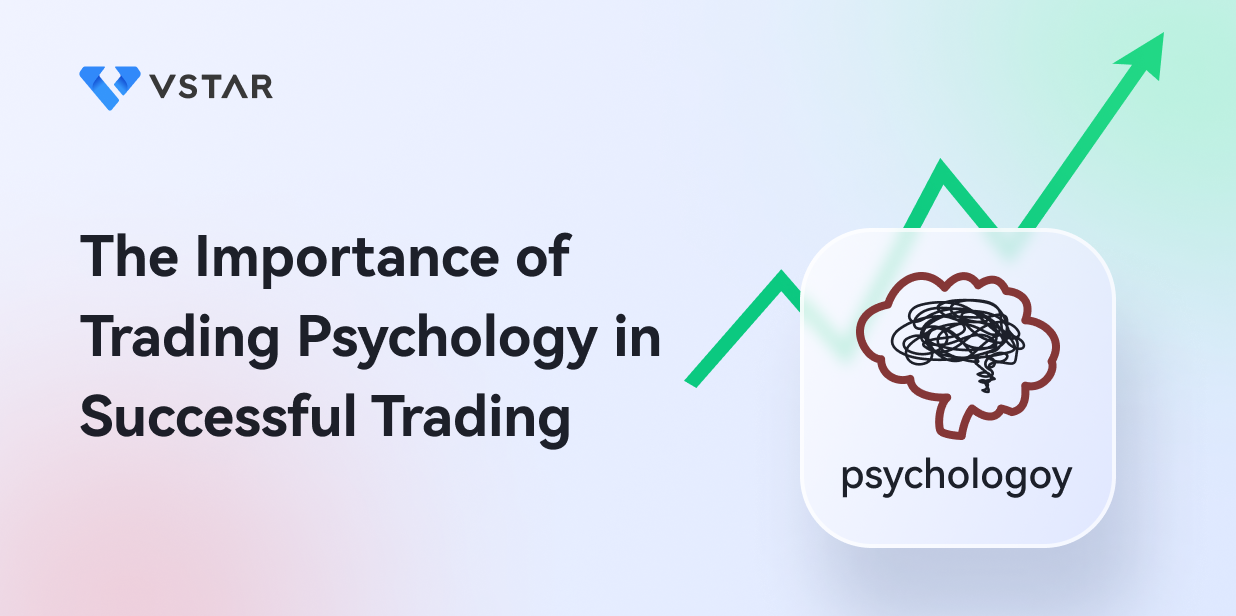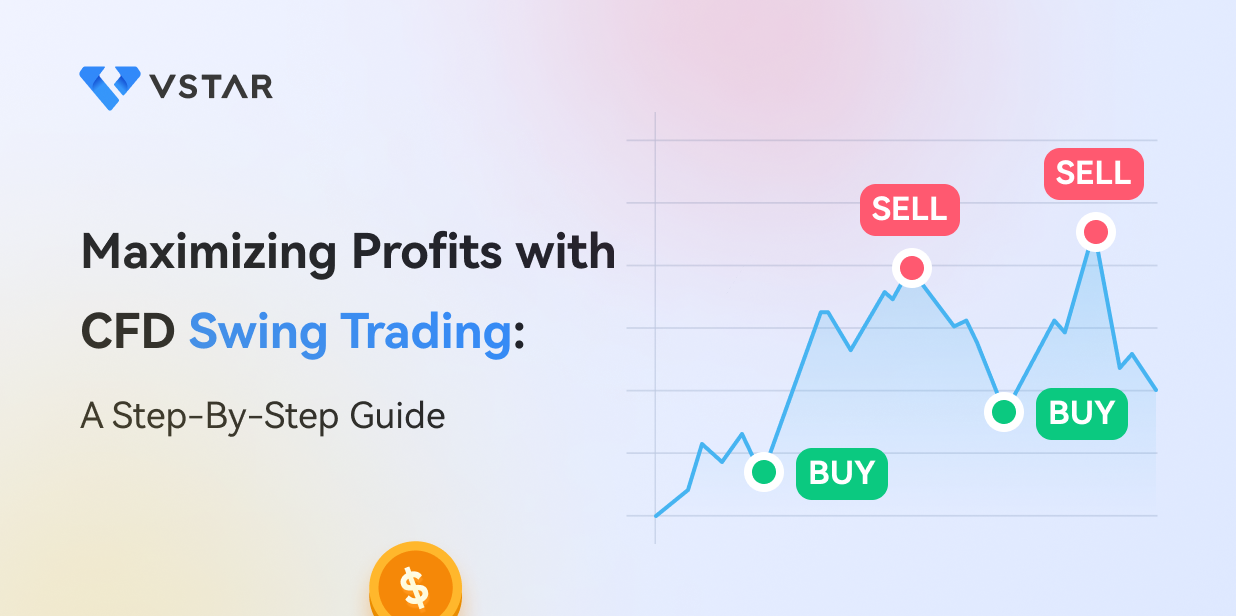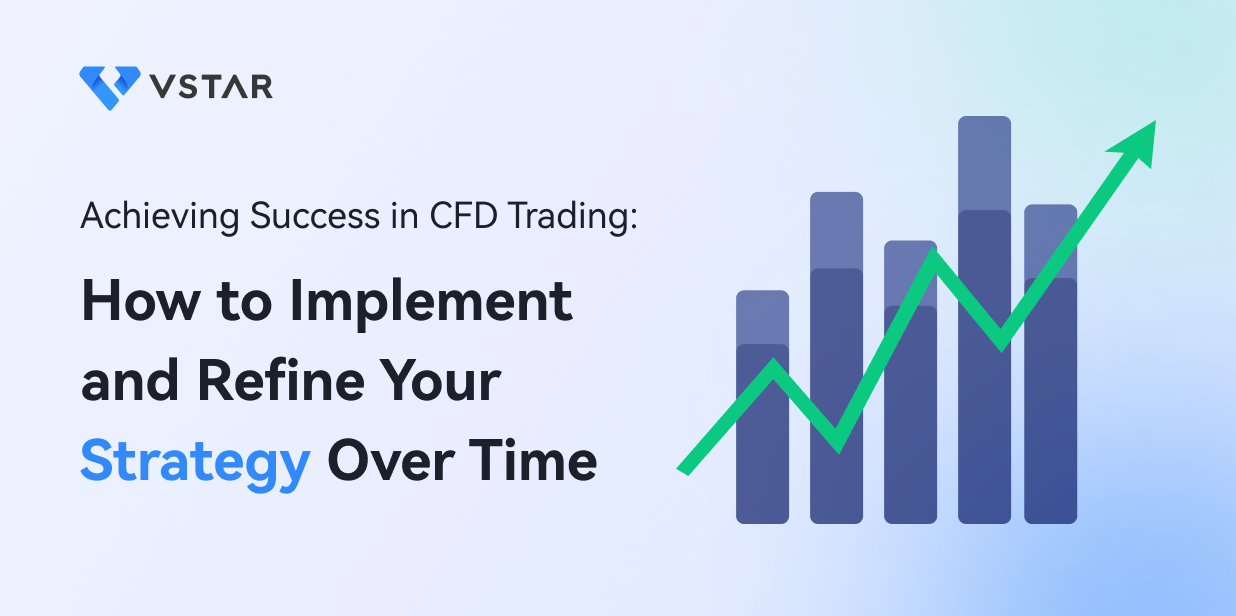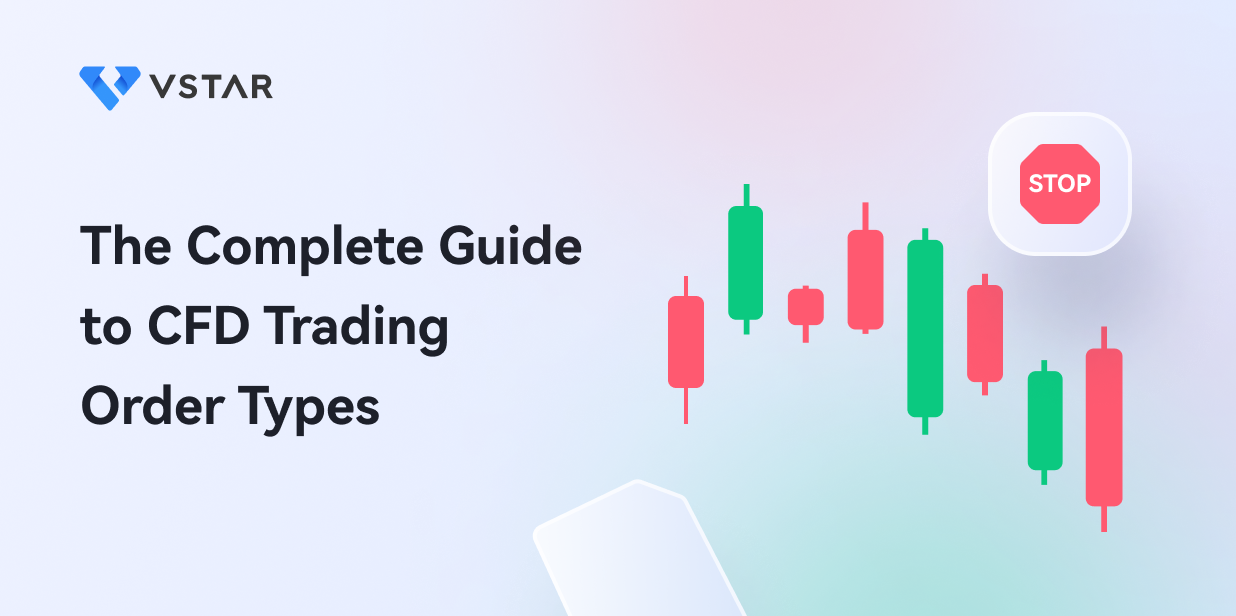Trading psychology studies the thought process behind every trader's actions in the market. It involves understanding how your mindset (whether positive or negative) can influence your performance.
Hence, experts believe it is a significant factor behind traders' success or failure.
You will be profitable if you can make unbiased decisions and react to every condition rationally. On the contrary, it'll be more challenging to become successful if your executions are biased and emotion-driven.
Some common psychological issues affecting traders include:
● Fear and anxiety
● Greed
● Overconfidence
● Revenge
● Impulsive decision-making
Importance of Trading Psychology
Trading psychology is as vital as your price analysis or risk management techniques. You must be in the right frame of mind for the following reasons:
● Enhanced decision-making: Trading psychology improves traders' decisions by providing a practical step-by-step process to get them. You will learn how to manage your emotions and overcome any mental bias.
● Confidence boost: Boosted confidence will surely improve your trading results. You will make better market executions without doubting your abilities, thanks to your psychology study.
However, try not to be overconfident. If not, this boost can have opposite consequences.
● Better discipline: Trading psychology promotes obedience to a trading plan without any exceptions. If you remain disciplined with a proven strategy, you should become profitable soon.
Understanding Emotions and Their Impacts on Trading
A major step in trading psychology is identifying the emotions that will likely influence you.
As humans, it's almost impossible to behave and take action without any feelings. You had and still have a life outside trading, so there are different reasons why some emotions can overwhelm you sometimes.

Regardless, try your best to contain them when trading.
You may have had excellent results a few times from following your emotions. However, they won't often lead you to the best decisions in the long term.
Fear
Fear in trading psychology means doubting or being anxious about any outcome in the market. You can be fearful of missed trading opportunities, trend reversals, the price's failure to hit target levels, etc.
For example, if your entry technique was to wait for a head and shoulders pattern to form, a recent price push from a range may force you to open market orders. Such trades may not be profitable since it was against your strategy.
This feeling is common among new traders.
If you've reflected on your recent trading decisions and know that you are fearful sometimes, try these strategies to overcome it:
● Revise your trading plan and make the rules more direct.
● Learn how to adjust your risk management strategies better.
● Step back and reflect whenever you're anxious during trades.
Greed
Greed is arguably the most common reason why traders never become profitable. They become open to more risks due to the feeling there's a strong potential for more gains.
Some instances of greed include:
● Overtrading
● Overleveraging
● Holding too long on a trade
On most occasions, you'll know when you've been greedy when the results go against you. However, even when you luckily gain from greed, look back at such trades and assume what could have happened if it wasn't successful.

Then, use these techniques to prevent it from happening again:
● Improve your self-awareness to identify when you feel this way
● Obey your trading plan and its risk management strategies.
● Trade on a demo account whenever your feelings push you to ignore your strategy
Frustration
Trading psychology can also help you identify when you get frustrated. It is anger or sadness, usually from failing to achieve your desired results.
For example, recording several losses despite sticking to your trading strategy can cause frustration. It can lead to the following if you don't address it:
● Lost confidence
● Overtrading
● Impulsive and mindless decision-making
When you notice any of the consequences above, use these methods to overcome it:
● Take a break from trading.
● Seek counsel from fellow traders or a mentor.
● Re-evaluate your trading plan.
● Practice discipline and stick to the strategy if convinced it'll be profitable
Developing an Ideal Trading Mindset
After understanding your emotions and ways to tackle them, seek to develop a solid trading mindset. It consists of several mental attributes that are critical for success.
The most profitable traders try to manage their mentality in the best way possible.
It helps you realize and feel satisfied with whatever market conditions present while finding ways to profit from them.
Here are some essential qualities of an ideal trading mindset:
Positive Thinking
As with almost anything, you will hardly be successful in trading if you always think negatively. You'll constantly second-guess every decision and eventually feel frustrated when you aren't achieving your desired results.

Instead, build a positive mindset, especially when it's time to engage in the market. It will help you in several ways, as follows:
● Reduced fear and anxiety: As discussed, fear is a negative emotion, and with a positive mindset, you can get rid of it.
● Greater confidence: Optimism (positive thinking) will help you trust in your trading abilities more.
● Improved concentration: You can better focus on your trading strategies with a positive mindset that keeps you calm and comfortable.
Developing a Positive Mindset Through Affirmations and Visualization
If you're struggling to build a positive mindset for trading, try the affirmations and visualization techniques.
Affirmations involve constantly repeating positive statements to inspire self-belief. For example, whenever in doubt, you can regularly say the following:
● "I am a successful trader."
● "My trading plan is the best."
● "I will reach my goals soon."
● "Losing trades won't discourage me."
On the other hand, visualization means imagining positive outcomes from your actions in the market.
For example, when you're ready to open the charts for analysis, you can imagine scenarios of your trades hitting take profits. You can also imagine yourself expecting increased volatility from an economic news report.
They will improve your confidence and composure when engaging the market.
Discipline
Discipline involves obeying trading plan rules and maintaining consistent behavior. It will prevent impulsive or emotion-driven decisions, which is excellent for your mindset.

It demands constant practice to build discipline. However, you can achieve it mainly through forward tests on a demo account, where the conditions are similar to live markets.
Ensure you stick to your trading plan no matter the case, but you can make any necessary adjustments.
Disciplined traders enjoy the following benefits:
● Consistency: By following your trading plan, you will have a consistent routine and behavior in the market. In turn, it will reduce the chances of emotional bias.
● Accountability: Discipline helps you take account of your actions, especially when it's unfavorable. You will always look for ways to improve instead of blaming others for your losses.
● Long-term profit: As discussed, an excellent trading plan will always be profitable in the long run.
Patience
Patience is vital for an ideal trading mindset, yet only a few traders have this quality.
Some beginners see trading as a "get rich quick" system, so they jump on every opportunity, which is wrong.
For example, if your entry strategy is only when a double-top pattern forms with some moving averages cross, wait to see them in your chart. Anticipate them, but be patient.
By being patient, you will make the best decisions that improve your accuracy.
Eventually, it will help you remain calm for more consistency and profits.
Strategies to Improve Patience
If you are struggling with patience in your trades, consider the following methods:
● Use a lower time frame: Consider executing market orders on a lower time frame if you aren't patient on the current one.
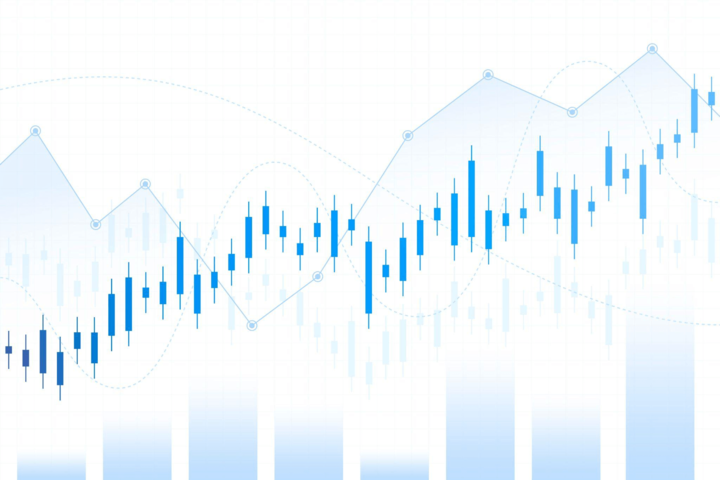
Sometimes, you'd need to adjust your trading plan, but it'll be worth it.
● Learn from your mistakes: If you've taken losses due to impatience before, return to your trading journal and reflect on them. Observing past mistakes help you avoid them in the future.
● Take some time off the chart: Whenever you realize the urge to be impatient, take a break from trading to clear your mind.
Dealing With Losses and Their Effects on Trading Psychology
Your reaction to losses is critical in trading psychology because they are the main setbacks toward your goals.
Do you immediately feel upset or sad after each losing trade? What is your next short- or long-term plan? Are you hoping to recover those losses back?
Your answers to these questions will influence your next steps and overall trading mindset.
Regardless, you must always accept losses as part of trading.
No successful trader is right all the time. Instead, they are only better at managing risks and compounding their profits.
Besides, almost every market participant has been disappointed, annoyed, or sad while taking losses at some stage. However, they soon understand that trades won't always go their way.
Thus, when taking losses, be careful to avoid the following:
● Ignorance: The fact that you shouldn't regret any loss doesn't mean you should completely ignore it.
● Blaming others: Learn to take responsibility for your results and not blame your broker, trading platform, or other physical factors.
● Revenge trading: Don't open yourself to more risk trying to recover losses. In most cases, it will even worsen the situation.

Strategies to Overcome Losses
You can never escape losses as a trader because financial markets are always volatile.
Therefore, creating ways to recover from them is necessary.
They will reduce the emotional effects and help you remain on track to your trading goals.
Hence, consider these effective strategies to overcome losses:
Learning from Losing Trades
Like in all other aspects of trading, the best way to recover from a loss is to learn from it.
Re-check to be sure you followed your trading plan accordingly. If you did, try to understand other reasons why it may not have been successful.
Was there an economic report you missed? Or was the price retracing on a higher time frame?
During this assessment, you may discover new ways to improve your strategy to avoid such losses in the future.
For example, you may notice that you make more of your losses during the Tokyo (Asia) session than in the New York session.
Hence, that would be an excellent note in your trading journal - to back-test the strategy on both trading sessions and compare the win-loss ratios.
Staying Consistent and Focused
While recording losses, always remember you have a prolonged goal. These setbacks are only short-term, so focus on the bigger picture.
Traders who only consider temporary gains and losses without long-term plans are hardly successful.
Hence, taking one loss shouldn't always force you to doubt your trading strategy. There's also no need to retest it multiple times after a losing trade.

Provided you took enough care to prepare it initially, it should work fine over time.
Be committed to a long-term goal and give it the most attention.
Taking Breaks and Self-Care
Sometimes, taking a break from the market is the best way to recover from a loss.
Get engaged with other hobbies or nap, especially when you've stared at the market all day. Analyzing charts, making calculations, and following news reports can be exhausting.
Hence, the breaks will refresh you to return with better moods and new ideas.
Improving Trading Psychology
Your trading psychology will always impact your performance directly or indirectly. Hence, always take time to improve it.
The two most accepted ways are self-reflection and seeking others' support.
Self-Reflection
During trades, market participants are often overwhelmed with procedures, such as defining the current conditions and sticking to their risk management rules. Sometimes, you'll need to be fast to avoid missing an opportunity.
However, a period for self-reflection gives a fresh outlook on such situations without any tension.
It involves looking back at your trading results and behaviors for improvement.
If you've regularly followed your strategy, there will be several excellent notes during your study. Regardless, your areas of weaknesses should interest you the most.
Importance of Self-Reflection
Self-reflection is a powerful tool to improve your trading psychology in the following ways:
● Identifying bias: You may have a particular kind of bias whenever engaging in the market. It could be misunderstanding a report's impact or using the wrong support/resistance level.
● Developing patience: By reflecting on the charts and past trade results, traders sometimes discover they may have made better executions by being more patient.
● Managing emotions: Your trading journal contains all your feelings when engaging the market. Thus, you can discover better ways to deal with them during reflections.
It will lead to improved trading psychology and better performance.
● Staying focused: Reflection helps you return to your trading goals, ensuring you are not deviating from them. You will learn the advantages of staying focused and new ways to guarantee it.
Overall, self-reflection will enhance your trading mindset, which is a significant step to becoming profitable.
Seeking Support
Aside from self-reflection, seeking support from others also improves trading psychology. In fact, it is the best way if you're a complete beginner.
Trading is usually a solo activity because no one recommends you copy others' strategies.
However, most senior traders have gone through the problems you're experiencing now. Hence, they can provide the most helpful tips to overcome them.
Here are the two best ways to seek support for improved psychology:
● Mentoring and Coaching: Almost every experienced trader had some mentor they looked up to from the beginning. It could have been because of the mentor's financial trading success or similar trading styles.
Whatever the case is, get an experienced coach to help develop your trading psychology.
If possible, try to hold one-on-one conversations with them, being honest about your troubles. However, some of the coach's resources (courses, videos, etc.) could benefit you.
● Communities and Forums: Nowadays, there are more than enough online platforms to discuss with other traders. Use them to your advantage by seeking ways to improve your trading psychology.

You can be openly honest about your issues or privately contact anyone you suspect could help you.
Kind-hearted colleagues always provide enough support and tips to help you grow.
Importance of Seeking Support
Support from other traders can go a long way to better your trading psychology in the following ways:
● Provide a different perspective: As discussed, trading is usually an individual activity. Hence, you may be unable to determine your bias even by thorough reflection.
● Shared learning opportunities: A mentor or fellow traders always have new ideas to improve your trading performance.
● Emotional support: You get the best emotional support from others with similar experiences, even if it's a beginner or an expert trader.
Conclusion
Trading psychology is essential for trading profitably, and you will improve if you always consider it.
For example, understanding when you become greedy, afraid, overconfident, anxious, or frustrated will help you seek ways to improve. On the contrary, you may continue suffering from their effects if you never realize them.
Learn to be disciplined and patient with a positive mindset. They will help you accept and overcome all aspects of trading, including losses.
Whenever you need to improve your psychology, always reflect on your market executions and behaviors or seek support from others.
*Disclaimer: The content of this article is for learning purposes only and does not represent the official position of VSTAR, nor can it be used as investment advice.
